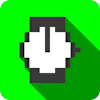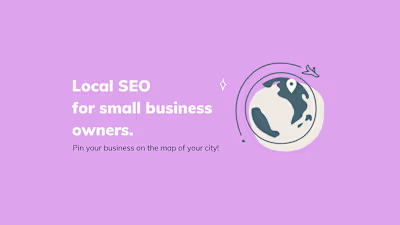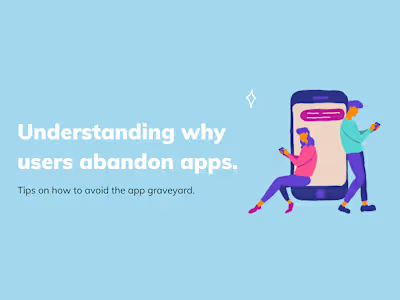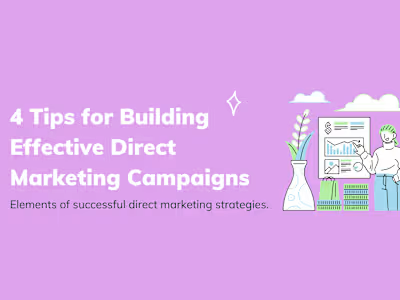8 Crucial Soft Skills You Need as a UX Designer
Schools don’t teach soft skills.
They regard them as innate, nice to have, but not essential.
As a result, when researching a career, we direct our focus on gaining the knowledge or developing the tangible skills needed for that position—the so-called real, technical, and hard skills.
Yet, contrary to popular opinion, it’s not the absence of “real” skills, that causes many professionals to experience difficulties at work and not advance in their careers.
It’s the absence of soft skills that proves to be the primary obstacle.
Let's debunk two prevailing misconceptions surrounding skills 🥁
Misconception 1: Technical skills are hard to learn and they should be the sole focus.
Reality: Unlike soft skills, technical skills are easier to grasp. They are also tangible and measurable, so individuals can develop them through structured courses and practical exercises. However, soft skills find their roots in our personalities, behavior, and emotional intelligence, so they need a deeper level of self-awareness, observation, and personal initiative.
Misconception 2: Soft skills don’t make a difference in job performance.
Reality: Despite their name, soft skills are anything but “soft.” They are essential and serve as the foundation for any set of hard skills. While hard skills may secure you a job, it’s the mastery of your soft skills that pave the road to a long-term successful career.
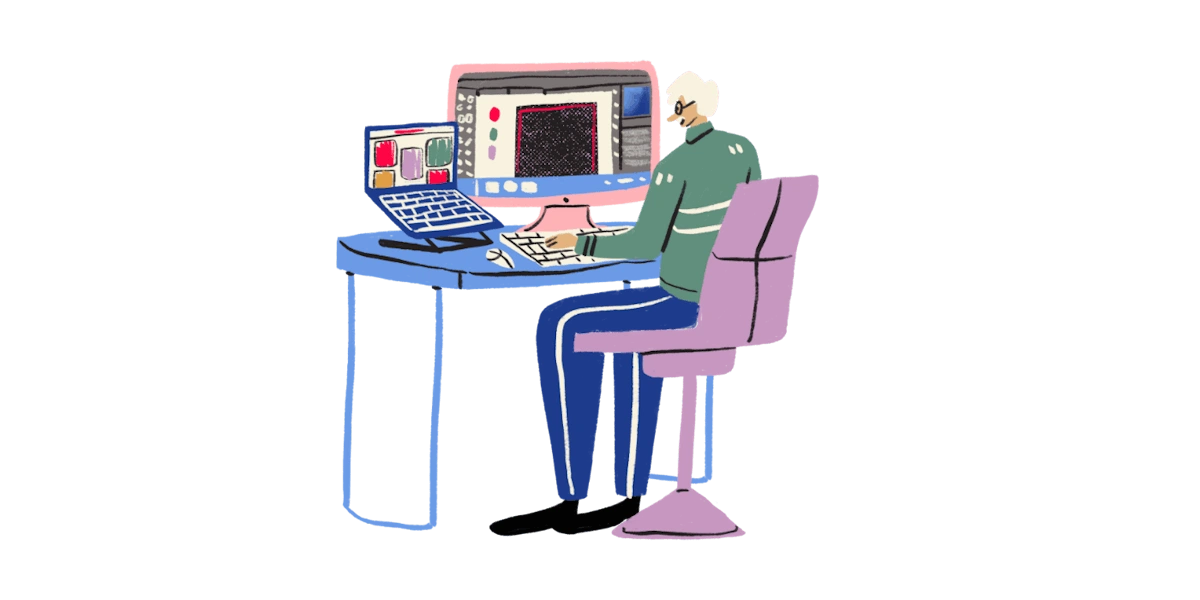
Why are soft skills crucial for UX designers?
UX design is all about making users happy, whether it’s by solving their problems or creating exceptional experiences.
Your ability to understand people, work in harmony with them, and foster collaboration relies on your soft skills and they’re crucial in a user-centered domain.
Tech recruiters know that and pay attention to both - hard and soft skills - when looking for a candidate for a designer position.
Collateral skills: a bonus
Having 8 skills to work on can sound overwhelming, but here’s the thing: learning is not a straight path.
When you work on a skill, you are improving a variety of other skills that complement each other.
For example, learning to cook also improves your organizational skills, time management, and creativity in the kitchen.
The same goes for developing soft skills - you’re enhancing other skills along the way, creating a well-rounded and supportive skill set.
These are collateral skills.
Now let's venture into the world of UX design 🌌
If you want to become a designer, you must be familiar with the Design Thinking process.
This problem-solving method consists of five technical phases but in each one of them, UX designers use different soft skills to solve the problem.
It's worth noting that these soft skills are not exclusive just for one phase—they can overlap and be useful in different stages of the process.
I will guide you through some of them to shed light on how these soft skills profoundly influence every step of the design process.
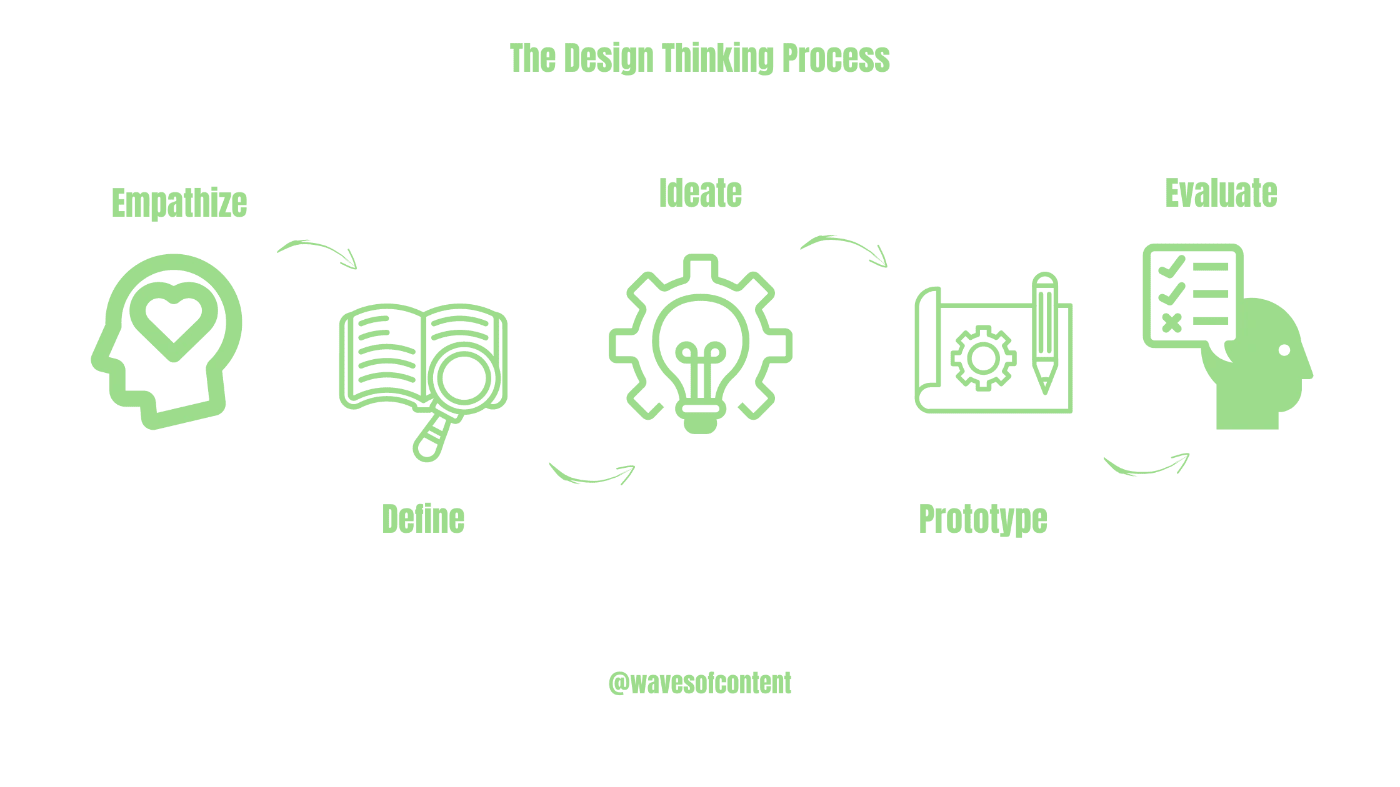
The Design Thinking Process
8 crucial soft skills every UX designer needs in their toolkits
Empathy
Your design’s success depends on how well you empathize with your users.
Empathy is about asking people if they are OK. It’s caring about people as human beings, not only viewing them as numbers and performance.
So, empathy it’s the first step in any design project and the first phase of the Design Thinking process for a reason:
It helps you understand your users, feel their frustrations as your own, and use these sentiments to create solutions that address their needs, wants, and goals.
Tips for cultivating empathy:
Create an empathy map - a diagram split into 4 quadrants that describes what your user says, thinks, does, and feels.
Have meaningful conversations and engage with your users (interviews, user testing, etc.).
Listen to understand, not to conclude.
Collateral skills: active listening, self-regulation, observation
Communication & Collaboration
Designers work in teams.
So you have to explain your ideas and decisions behind every design to a diverse group of people.
Communication and collaboration skills help you maintain good relationships at work, resolve conflicts, and understand your role.
These skills are even more crucial now in the remote working environment where most of the communication happens through apps and software.
Tips for nurturing good communication & collaboration skills:
Articulate your thoughts to avoid unnecessary confusion.
Look at problems from many angles to understand your team’s ideas.
Ask questions often. Make sure you all are on the same page as a team.
Collateral skills: presentation, public speaking, storytelling
Curiosity & Continuous Learning
Curiosity is a mindset that drives Design Thinking.
It’s the desire to venture into the unknown to explore, discover, and learn new things.
Without being curious and continuous learning, you can’t survive in an ever-developing industry.
A combination of both helps you keep up with the world of UX design and tech trends. It also motivates you to take risks that can open doors to a world of opportunities and boundless possibilities.
Because as a creative, it’s crucial to be eager to try out new tools and techniques and to not be afraid of unconventional ideas or paths.
Designers especially use curiosity, along with its collateral skills, in the stage of Prototyping, when they put all ideas and versions of the product on paper to prepare them for testing.
Tips for keeping your curiosity alive:
Ask “why?” five times to get to the root cause of a problem.
Take online courses or certifications to gain new knowledge and skills. Follow blogs, podcasts, and tutorials on UX design.
Try something new every week.
Collateral skills: creativity, questioning, innovation
Critical thinking
In Design Thinking, critical thinking is crucial at every stage.
It equips you to use methods such as brainstorming, sketching, and mind mapping to create and compare various solutions and ideas.
So it’s incredibly valuable to help you tackle complex issues.
Other things critical thinking encourages:
to challenge your assumptions, biases, and prejudices
to make informed choices
to communicate your recommendations with utmost clarity
Also, to better understand the world.
Tips for honing your critical thinking:
Seek feedback and be open to critique from colleagues, mentors, and users.
Use evidence to support your arguments. Make sure your ideas have roots in a solid foundation.
Zoom out and look at the bigger picture. Consider the broader implications of your decisions and understand how they fit into a larger ecosystem.
Collateral skills: evaluating, creative problem-solving, receiving or delivering feedback
Adaptability & Flexibility
No project is like another.
From research methods to design techniques, every project it’s unique in its challenges, and as a designer, you must be able to shift from one to another seamlessly.
Being flexible it’s not only about going with the flow. It means you can navigate through uncertain terrain and handle unexpected obstacles.
Instead of being resistant to change, to embrace it and seek fresh ideas and solutions to stay ahead.
This ability to embrace change with confidence, creativity, and an open mind allows you to pivot to accommodate new user needs, business goals, and emerging technologies.
Tips to improve your adaptability & flexibility:
Embrace uncertainty.
Be willing to change your plans or assumptions based on new information or situations you encounter.
Collateral skills: resilience, problem-solving, open-mindness
A last word.
UX Design is a challenging but rewarding career path, where hard and technical skills are crucial, but they are not enough to advance in the field.
Soft skills can explain why designers who have the same qualifications, background, and portfolio, progress differently in their careers.
Tech recruiters are looking for a healthy combination of hard and soft skills. But companies are different. Some value team-oriented professionals. Other independent ones. It’s important to either cultivate your natural strengths and find a work culture that suits your personality, or study your dream companies and work to develop the soft skills they are looking for.
Like this project
Posted Aug 1, 2023
Soft Skills for UX Designers. Practical tips for growth in the UX field. Skyrocket your career by understanding how soft skills are impacting your work.


